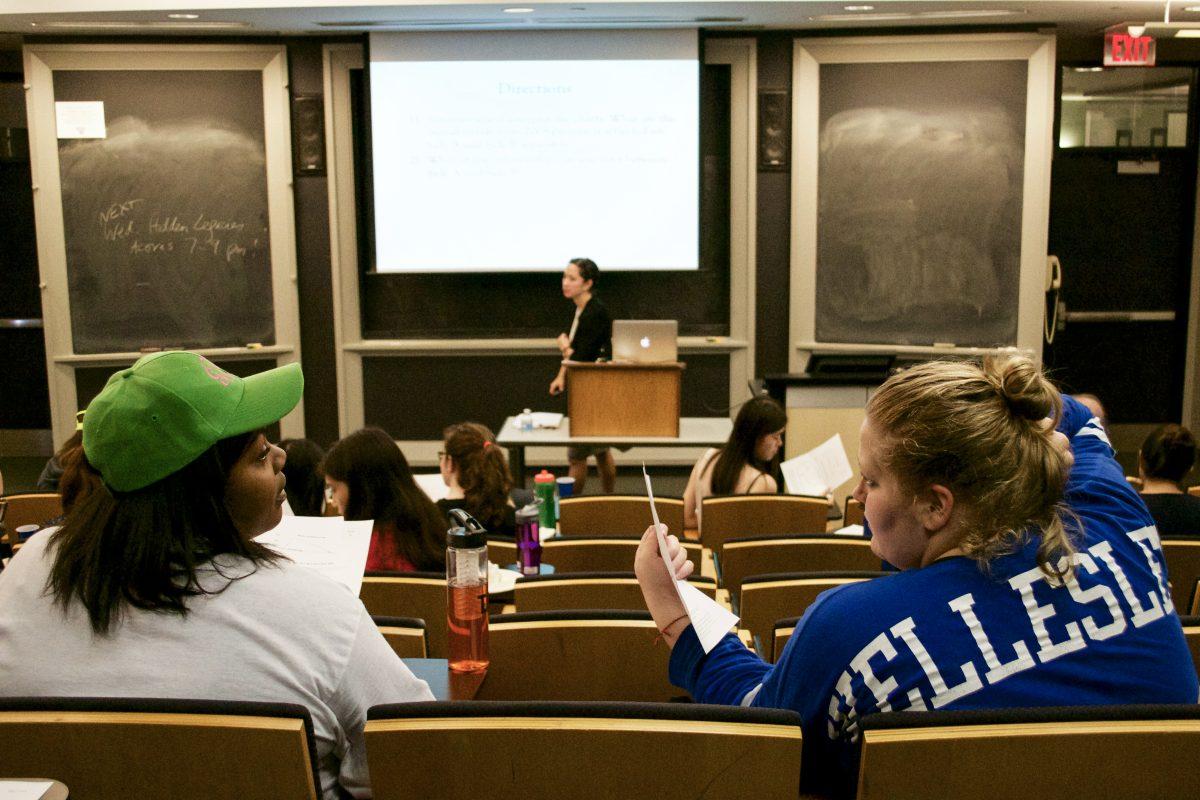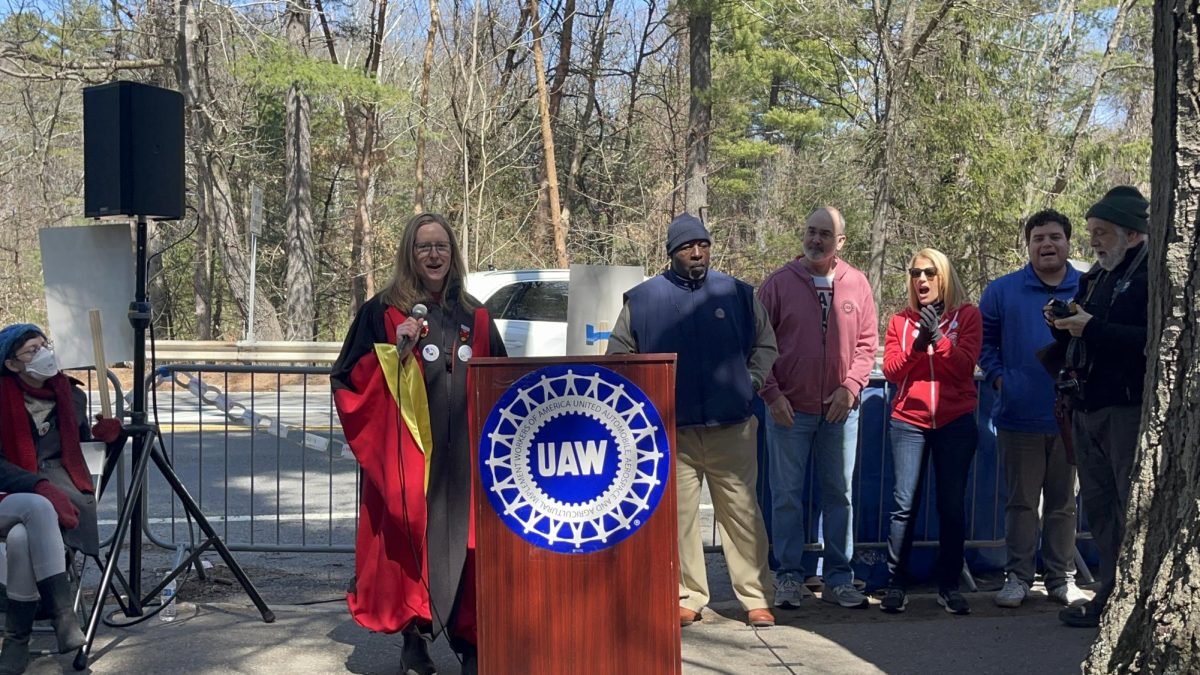This academic year, Wellesley College launched the Comparative Race and Ethnicity Minor, an interdisciplinary minor sponsored by the sociology department. This minor is catered towards students interested in studying questions regarding race and ethnicity. According to the course catalog, “The interdisciplinary Minor in Comparative Race and Ethnicity examines how power dynamics, operating across time, space and scales of social experience, shape the categories of race and ethnicity.”
In order to complete the minor, students must complete five units consisting of courses across numerous disciplines. Students must take two courses from a list of classes offered by the english, anthropology, africana studies and sociology departments. Then, students can choose three electives across the humanities and social sciences. At least one of the courses must be a 300-level course and at least one class must be taken within the sociology department.
Kelly Rutherford and Peggy Levitt, Associate Professors in the sociology department, are currently the advisors for the minor. Although the minor is not limited to the sociology department, it is sponsored through the department. Advisors are expected to change in the coming years.
The idea for the minor first came to faculty in the spring of 2013 from students in Wellesley Academic Action Movement- Siblings Leading Action for Multiculturalism (WAAM-SLAM II), a group of students dedicated to diversifying the curriculum and faculty at Wellesley College. In 2014, WAAM-SLAM II wrote a list of proposals to the administration demanding the college offer a more diverse curriculum and hire more diverse faculty focused on ethnic and racial studies. After seeing a strong interest from the student body, a faculty focus group was made to investigate how to create a comprehensive minor with the resources the college had at the time. Rutherford acknowledged that the process to create a major takes significant planning and collaboration by those involved.
“For an interdisciplinary minor, it really requires getting a lot of people to the table to think about it together and collaborate on it, and that takes some time to be able to have those conversations with people and to the kind of strategic planning that went into this,” Rutherford commented.
The minor has been offered for a month, and it is being advertised mostly to first-years and sophomores. Upperclass students are also welcome to pursue the minor if their schedules permit it.
Multicultural Affairs Coordinator Sydney Stewart ‘18 is excited that students now have the option to pursue this interest in their studies at Wellesley.
“The Comparative Race and Ethnicity Minor offers students the opportunity to enhance their global understanding of the world and individual cultures’ place within it. I am thrilled that students interested in the studies of a particular area now have the opportunity to incorporate various communities’ histories into their Wellesley education,”she said.
Although Rutherford was not aware of hires occurring in other departments or hiring occurring solely for the new minor, she did mention that the college has recently hired a new professor in the American studies department focused on Latin American studies as well as new hires in the anthropology department.
In addition to the new hires mentioned by Rutherford, the political science department is currently searching for a new professor to teach American politics. According to Professor Tom Burke of the political science department, there were 85 applicants and four have been selected to give lectures to faculty and students on some of their research. So far, two of the candidates have given lectures to students and faculty, and the next two should be coming to campus in the coming weeks. Burke is confident that the new hire will be interested in teaching courses within the scope of the Comparative Race and Ethnicity Minor.
“I believe all the candidates interviewed would be interested in teaching a course that would fit as I understand, with that minor.”
Professor Grattan, an Associate Professor in political science, expanded on the potential of the department’s role within the minor. She is interested in seeing the role of the department increase within the minor in the coming years.
“Professors in the political science department are actively interested in making sure that political science is more represented in the minor and plays a more active role in the minor going forward.”
Grattan also commented on the importance of student feedback in the hiring process. She noted that finding a candidate that meets the needs of the department and student body is of utmost importance.
“Part of what we want to do is bring in candidates who can enhance student’s access to an understanding of diversity along the lines of race, ethnicity, class, etcetera and also be good teachers for our students on those kinds of issues”, she said.
The new hire in political science would ideally begin teaching in the fall of 2017, but it depends on the other offers the new hire has as well as gathering enthusiasm from other professors within the department.
Students who attended lectures were very attentive and engaged with the speakers. Both lectures were given by female professors who have focused their research on race and ethnicity politics in the United States. Anna Hunter ‘19, who attended both lectures was very impressed with the candidates so far and is looking forward to hearing the two remaining speakers. After speaking further with the second candidate, Jennifer Chudy, who gave a lecture on the state of American politics after Obama, she is confident in the candidate choices by the department.
“The political science department is going in the right direction hiring a new candidate based on my conversations with the second candidate because if she were to teach a class here, she would be focusing on race and people’s perception like how that influences how they participate in elections.”






